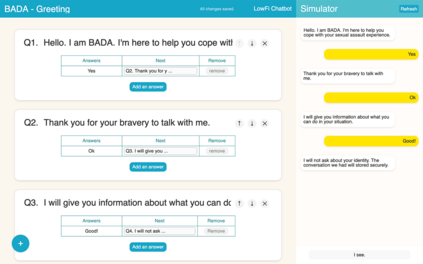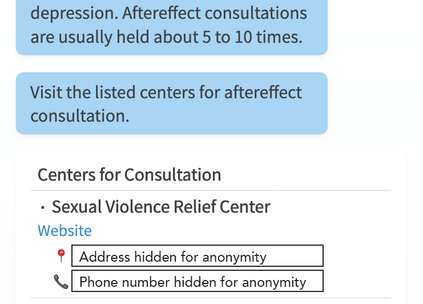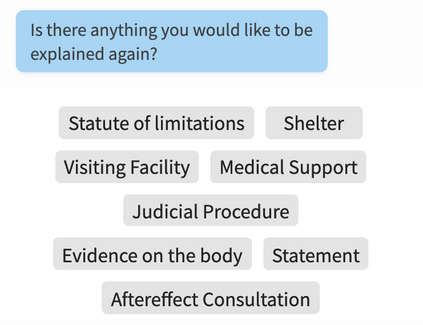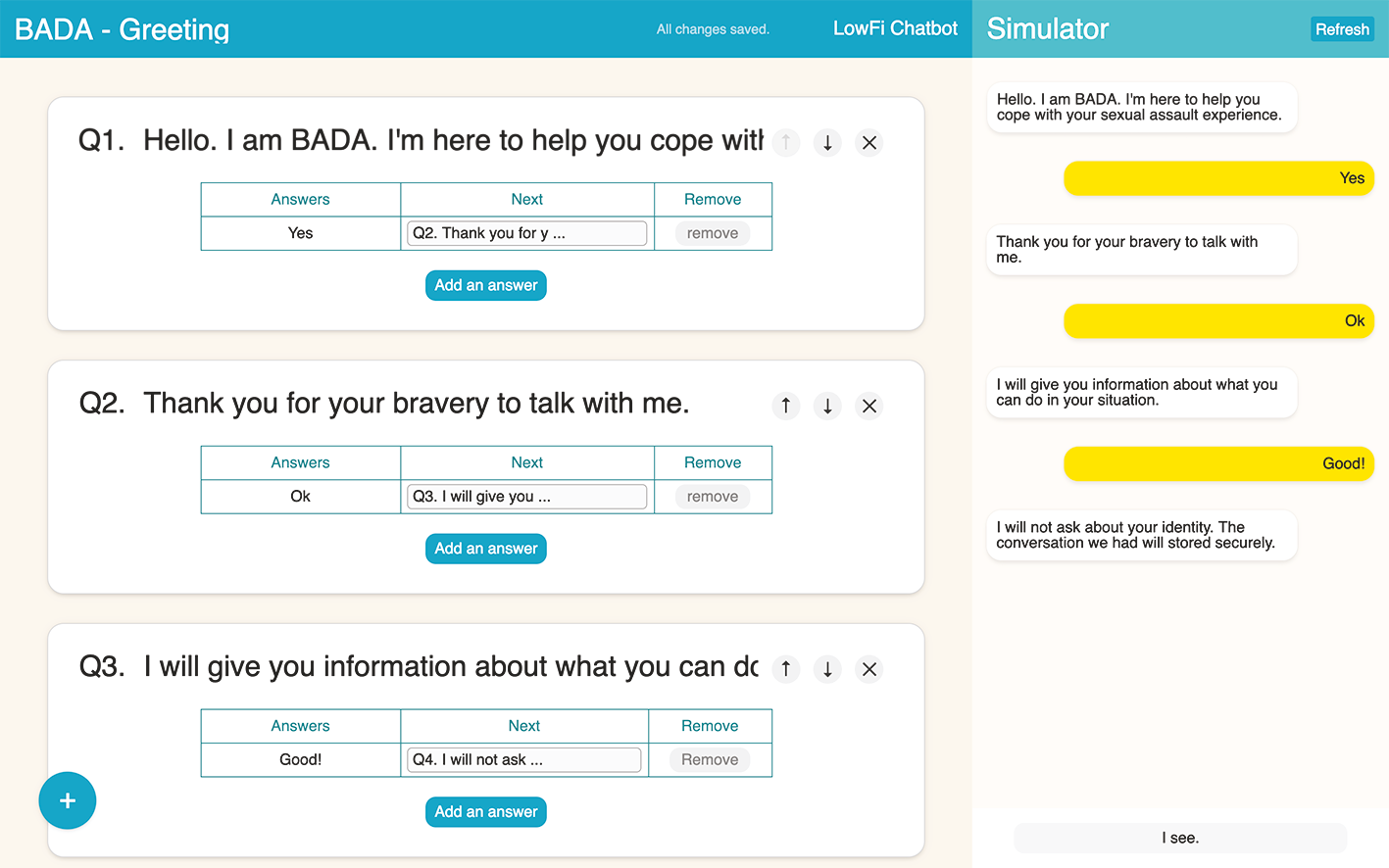The lack of reliable, personalized information often complicates sexual violence survivors' support-seeking. Recently, there is an emerging approach to conversational information systems for support-seeking of sexual violence survivors, featuring personalization with wide availability and anonymity. However, a single best solution might not exist as sexual violence survivors have different needs and purposes in seeking support channels. To better envision conversational support-seeking systems for sexual violence survivors, we explore personalization trade-offs in designing such information systems. We implement a high-fidelity prototype dialogue-based information system through four design workshop sessions with three professional caregivers and interviewed with four self-identified survivors using our prototype. We then identify two forms of personalization trade-offs for conversational support-seeking systems: (1) specificity and sensitivity in understanding users and (2) relevancy and inclusiveness in providing information. To handle these trade-offs, we propose a reversed approach that starts from designing information and inclusive tailoring that considers unspecified needs, respectively.
翻译:缺乏可靠、个性化的信息往往使性暴力幸存者寻求支持的工作复杂化。最近,正在出现一种支持性暴力幸存者寻求支持的谈话信息系统的新兴方法,其特点是个性化和匿名,然而,单一的最佳解决办法可能并不存在,因为性暴力幸存者在寻求支持渠道方面有着不同的需要和目的。为了更好地设想对性暴力幸存者的谈话支持系统,我们在设计此类信息系统时探索个性化取舍。我们通过与3名专业护理人员举行4次设计讲习班,并使用原型与4名自我识别的幸存者面谈,实施了一个基于对话的高度忠诚原型信息系统。我们随后确定了对话支持系统的个人化取舍两种形式:(1)理解用户的特性和敏感性,(2)提供信息时的关联性和包容性。为了处理这些取舍,我们建议从设计信息和包容性定制开始,开始分别考虑未具体说明的需求,采取一个反向的办法。









